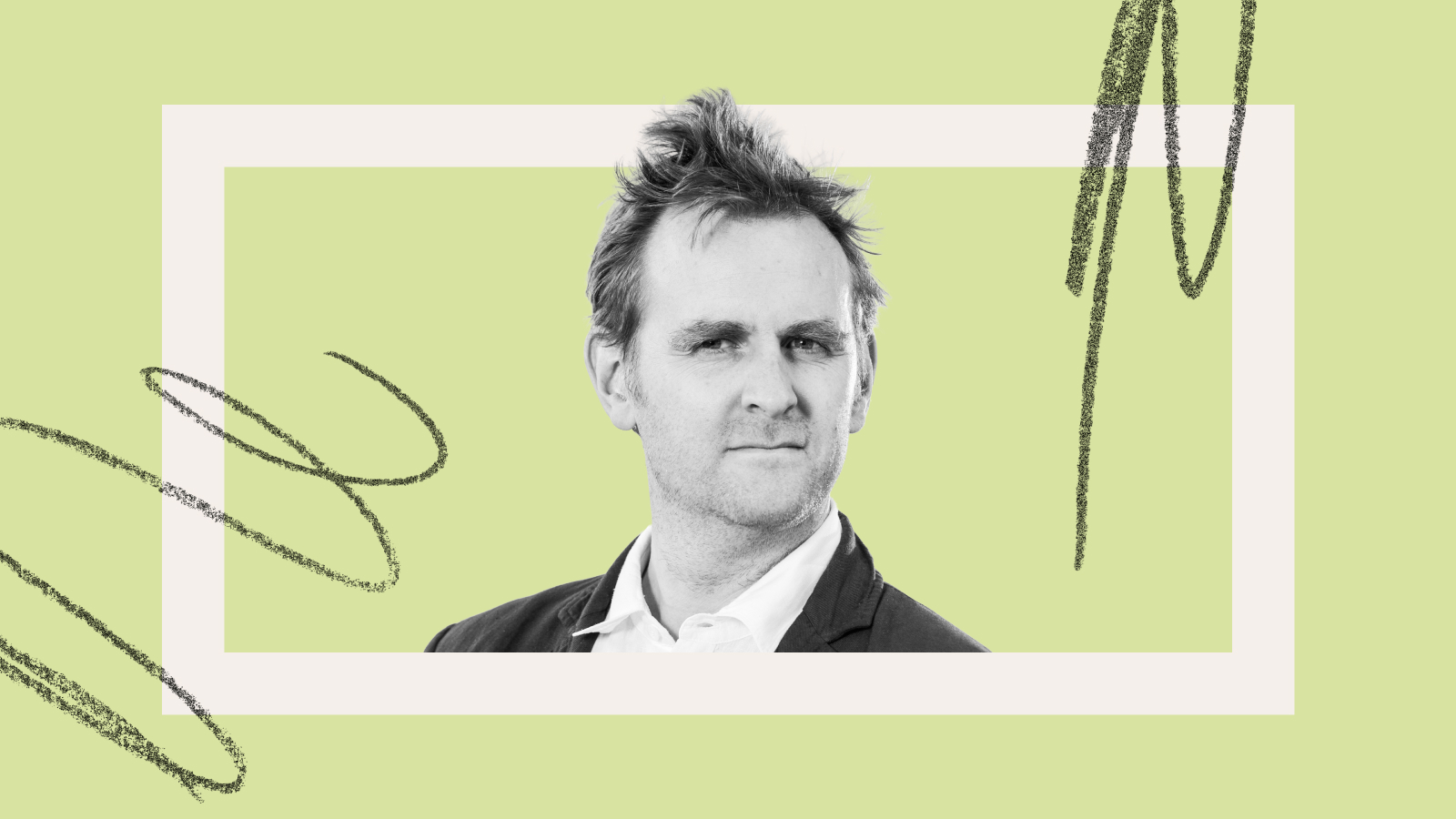David Rieff on the decline of intellectualism.
Question: Is intellectualism dead in America?
Rieff: I don’t think this is a very intelligent time, I’m thinking of 2009. I think… you know. I think, right this minute, people are the old cultural ways of thinking, whether it’s the novel or some of the great 19th century art seem very tired to people. On the other hand, some of the newer arts perhaps having lived up to their advance billing one way or another so… you know, it’s not a great period culturally as for politically, it’s just moronic. But… You know, that’s happen before. I mean, England in this… I mean, if you think of Britain… England, I should say properly, in, say, 1660, you have this incredible number of really marvelous writers and… And then, you know, think of Britain in the late 1690s, there was pretty much nobody of really first-rate… It happens. I don’t have any great sense that this is the end of things. What’s true is that the arts that people are… I think that some of the, as I said, the great 19th century arts, novel, opera, some other things aren’t in a very good shape and… at the moment. Maybe they’ll be revived, maybe they’ll die. I don’t know. And then, the idea of a kind of culture where there was kind of a kind of authoritative cannon just doesn’t make sense to a lot of people. It just doesn’t. And either another cannon will be created or we’ll live in a somewhat anarchistic relation to these things for a while. But… But again, I think it’s, you know… What’s the phrase? What’s the joke? “Spaces… Time I saw everything happen in spaces so it doesn’t happen to you.” There’ll be other periods of intellectual ferment, even if this one is not such a period. In any case, now that the economy is such a… A lot of people are so frightened now that we’ll see what happens in this period of a very different kind of economy and very different kinds of expectations. Who knows? It might be good for the arts. You never know.
Question: Could the internet inspire the next Enlightenment?
Rieff: I don’t think the Internet gives life or death to anything. I think the Internet is… It’s simply a fact of this time and will be a fact of life until something supersedes it. But… I mean… Look, everybody who has this sort of techno-utopian romance about the Internet, I think, forgets that the 2 principle uses of the Internet are the downloading of pornography and the selling of useless merchandise. So the idea that somehow the Internet has led to a new age of enlightenment, you know, just strikes me as kind of self-absorption on the part of people for who may, perhaps, use the Internet in that way. I tell you, when my mother was ill, I spent a fair rate of time on the Internet, looking at sites about blood cancers. And I’m, for a lay person, reasonably competent. I mean, I have a good lay knowledge… only a lay knowledge, I quickly empathize it. Biology and medicine, It’s a subject that interests me and always interested me. And so… I mean, I follow it and I read it. But it seems the Internet was worse than useless. You couldn’t tell… You had to have… to bring so much knowledge to the Internet in order to get anything out of it. And I wonder if that isn’t true for a lot of disciplines. I mean, sure, if you’re… It’s a fantastic tool for research. You know, it’s amazing. If you’re working on a story or an article or trying to think something through and you want information quick, it’s great. But you still have to come to it, being able to evaluate that information. Otherwise, you don’t know the difference between, you know, the views of, you know, Harold Varmus the President of Sloan Kettering and of [Ron Harvard]. I mean, again… You know, I don’t see the… I don’t see the Internet as providing these… Wikipedia’s the perfect example of this. Everybody’s rewriting everything on Wikipedia constantly. Indeed, you try to maintain the site on Wikipedia, you know that you’re constantly trying to revise what’s some lunatic has put on it. I simply don’t… I don’t buy this, frankly, which doesn’t mean I don’t welcome it, I don’t use it. I’m a great iPhone / Internet / Twitter user and I don’t have… I’m not [illiterate] in anyway. But I don’t… I think it’s… Both, it’s emancipatory. And its informational potential are vastly exaggerated. We’re still the same creatures, whatever toys we have… whatever technological toys we have. I mean, I think it’s also… You know everybody… some would often say somewhere that we always privilege our own times and that that’s understandable humanly, but because it’s the time that we’re fated to live and die in. But it’s indefensible intellectually. There’s absolutely no reason unless you’re… unless you’re completely, I think, fanatical believer in some kind of progress narrative, to think that you’re necessarily so much smarter than people 200 years ago. There’s more technological information, more scientific information. But whether that is to be… whether from that, you can extrapolate. A sort of superiority strikes me as… Well, highly unlikely, let’s put it that way.





